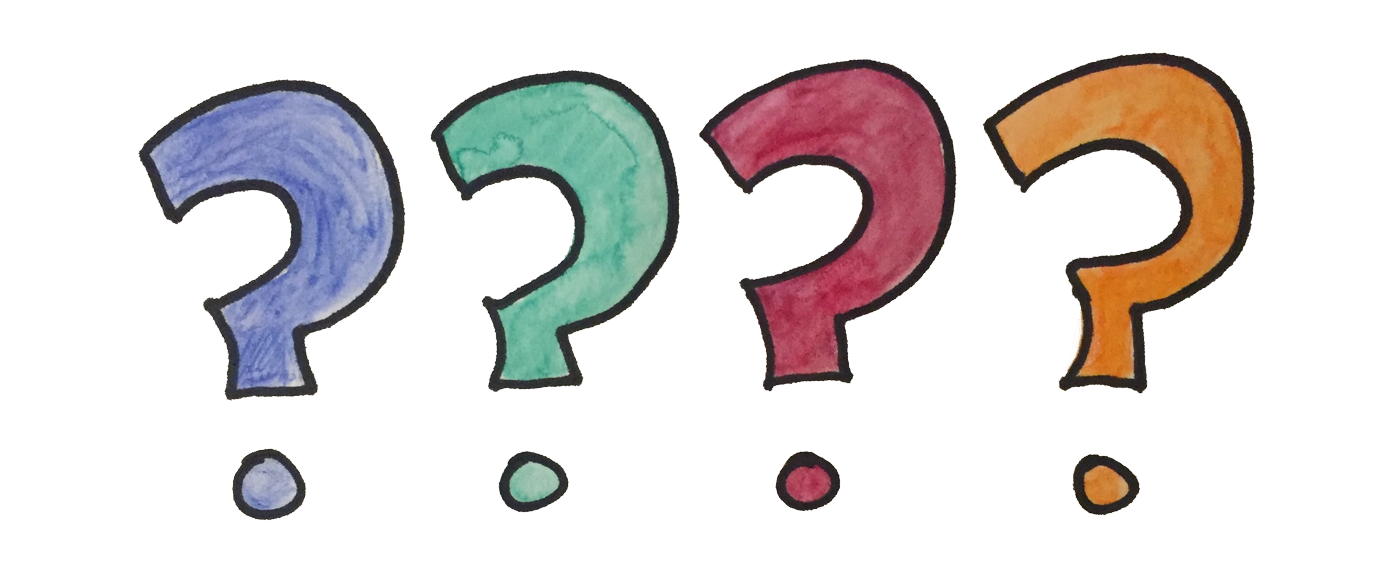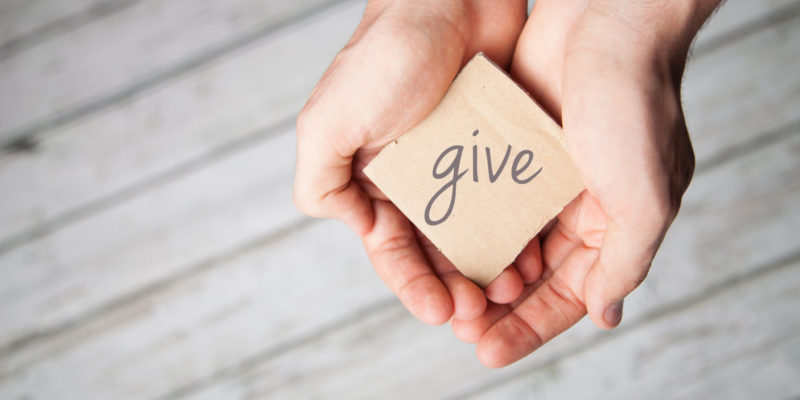Questions are not a sign of ignorance, as many believe. Actually, they are smartest conversation tool we have.
Jewish rabbis are master teachers. They teach based on the individual. They rarely give students straight answers. Instead, they give a statement from which the answer can be inferred.
But the greatest teaching tool that a rabbi uses is the question. They believe rightly that a student who hears an answer out of the mouth of the teacher does not own the answer. Many will ask seemingly unconnected questions in order to lead individuals to find answers for themselves.
Ray Vander Laan, a teacher and an indirect mentor of mine, tells a beautiful story illustrating this point:
On a trip to the Holy Land, a woman stepped into a Jewish painter’s shop. Admiring the paintings, she asked the shop owner, “Which one is your favorite?”
The shop owner didn’t answer right away. Then he looked up at the woman and asked, “Are you married?”
Not the kind of answer an American looks for. But the woman replied, “Yes. Why?”
Insert: if she had not finished her answer with “Why?” the shop owner would have said “Ok”, and that would have been the end of the conversation. A big part of Jewish teaching requires a student to want the answer badly enough to keep seeking it out. No rabbi speaks unnecessarily.
“Do you have children?” the painter continued.
“Yes. I have three. Why?” the woman wondered.
“Which of your children is your favorite?”
Boom. Not once did the Jewish painter have to make a statement. The woman left the shop with a profound understanding of the owner’s attachment to his paintings. He didn’t have to go into long philosophical arguments about how he had poured his soul into each painting, and given each his best. In fact, his questions left a greater impact on the woman by connecting to her heart.
The power of the question is extremely underrated. Everyone has go to’s: “How are you?” “What’s up?” “How’s the weather?” But no one dares to ask good questions.
That is, except for children. They are full of curiosity, examining the world around them and questioning everyone that comes in sight.
What changes between childhood and adulthood? Many times children are shamed for making inquiries. That shame takes over culture, and by the time a generation of kids is grown up, we have a civilization who thinks it is a sign of weakness to ask a question.
I say that good questions are the strongest communication technique available to us. Why?
Questions engage.
Humans by nature like to talk about themselves. A good question directs attention toward the other person, sparking individual passions and desires. When you engage a person’s brain, he retains more information. Besides, everyone likes speaking with someone who stirs their thoughts.
Questions connect.
By showing interest in another person’s life, you create a connection point to that person. The best conversations happen when both parties are engaged in the discussions. The more people feel you have in common, the more they will gravitate toward you.
Questions Inspire.
Engaging conversations lead to strong connections. Strong connections birth ideas. That’s what relationships are all about: creating value for the world through the combined force of minds and souls.
Take the time to ask good questions. Here are several to get your brain going:
- What did you learn today?
- What do you know that I don’t?
- What do you think about (insert common topic)?
- Do you have any current projects you’re working on?
- How do you like to learn?
- What are you currently studying?
- Who is your favorite thinker?
- What is your favorite book?
- What is the best aspect of today’s culture?
- What do you wish people knew that they don’t?
- How do you stay productive?
- Would you rather (insert icebreaker paradox)?
- Is important to know history in order to understand culture?
The things can ask anyone are endless. Use these ideas to strengthen the relationships around you. Stop letting the lie of weakness quell your questions.






